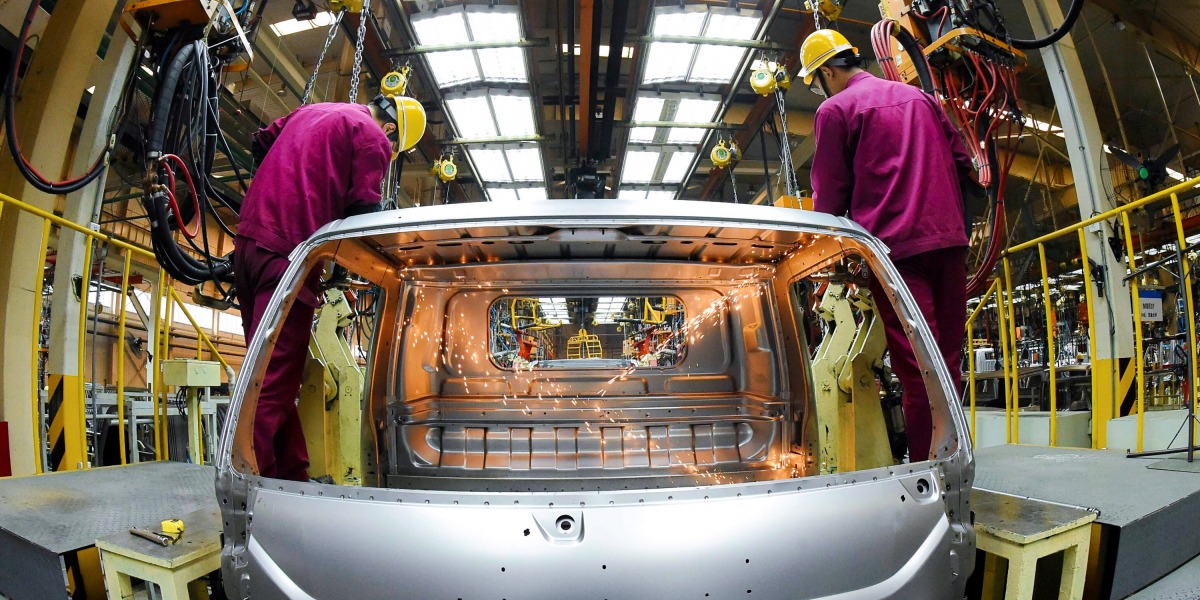
Lithium is currently the ruler of the battery world, a key ingredient in the batteries powering phones and electric vehicles.
But as concerns about the supply chain swell, scientists are looking for ways to cut down expensive, hard-to-source battery ingredients. While there are already options that reduce the need for some, like cobalt and nickel, there’s been little recourse for those looking to dethrone lithium.
But over the past few months, companies in China have announced forays into a new kind of battery chemistry that replaces lithium with sodium. In theory, these new batteries could help push costs down. But it’s unclear just how soon they’ll be ready to fit into real vehicles. Read the full story.
—Casey Crownhart
How to hack a smart fridge
Do you know how many internet-connected devices there are inside your home? These days, it could be almost anything: a thermostat, a TV, a lightbulb, an air conditioner, or a refrigerator. You’d probably struggle to figure the number out.
What’s becoming clearer is just how much data these devices are producing, and how many people can access that data if they want to. (Hint: it’s a lot.)
